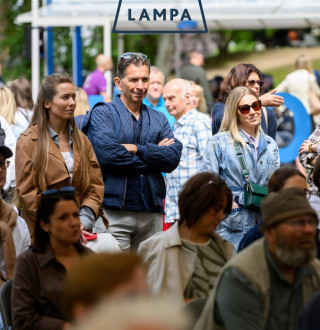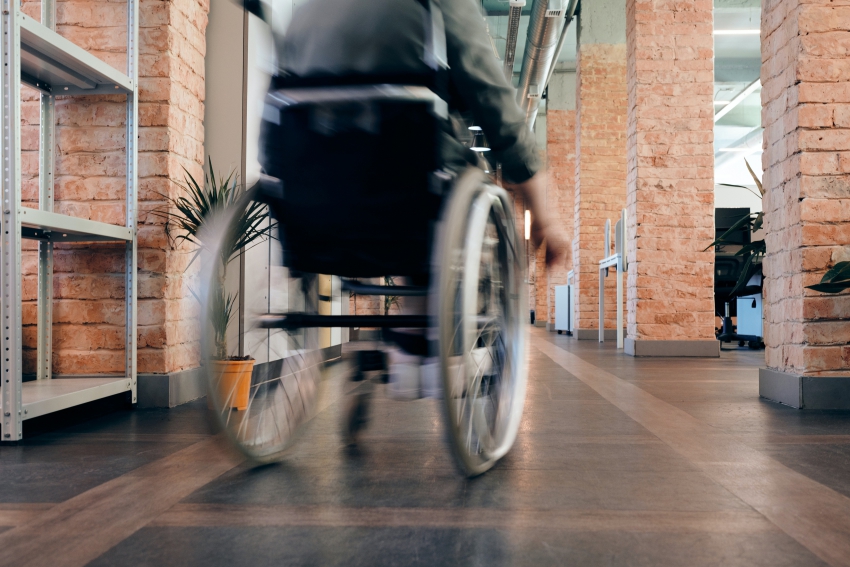The Nordic Council of Ministers was formed in 1971 and is the official inter-governmental body for cooperation in the Nordic Region. The formal responsibility for the work of the Nordic Council of Ministers lies with the prime ministers of the Nordic countries, but in practice, the Nordic Council of Ministers' work in each Nordic country is coordinated by a Nordic Cooperation Minister and a Nordic Co-operation Committee. The Presidency of the Nordic Council of Ministers rotates between the five Nordic countries and is held for a period of one year.
In 2024, the Presidency of the Nordic Council of Ministers is held by Sweden. It aims to make the Nordic region
safer, greener, and freer and the most sustainable and integrated region in the world.
The Nordic Council of Ministers
Vision 2030 aspire to make the Nordic region the most sustainable and integrated region in the world, and includes three strategic areas – a green, competitive, and socially sustainable Nordic region. The programme of Finland's Presidency in 2021 is based on this vision and in accordance with it, the programme is based on three strategic priorities: "A green Nordic Region", "A competitive Nordic Region" and "A socially sustainable Nordic Region". We are stronger and wiser together than as individuals.



